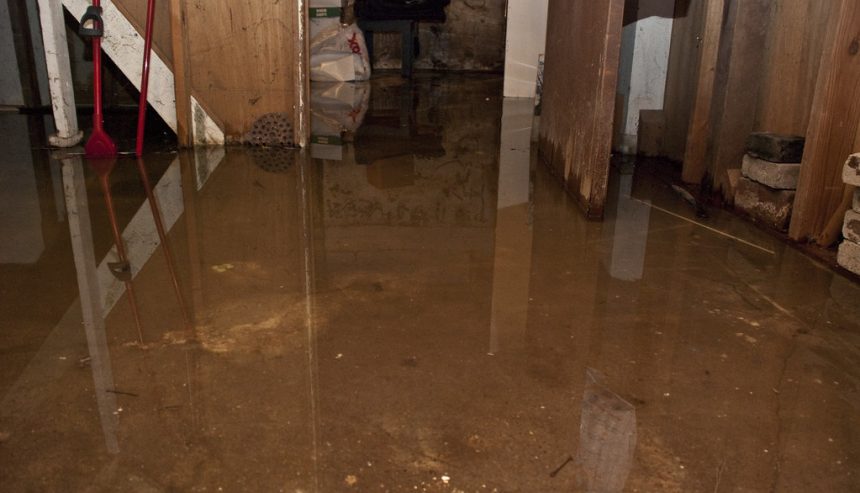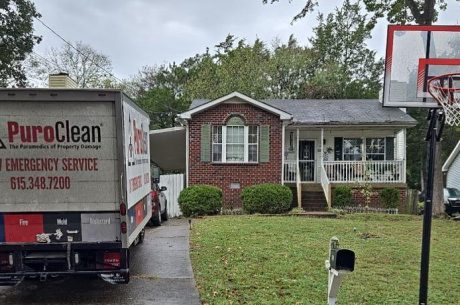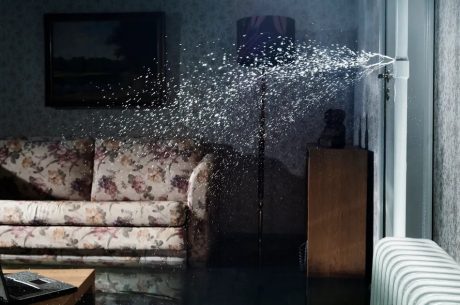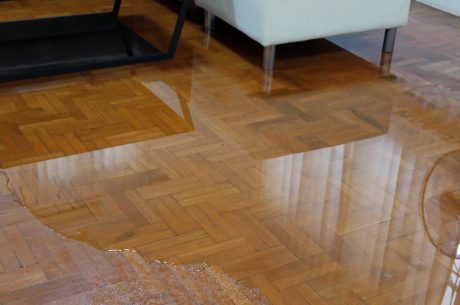Basement flooding can strike fast and without warning, causing major damage, safety hazards, and expensive repairs. Whether it happens during a flash storm, plumbing failure, or gradual water intrusion, it’s a nightmare no homeowner wants to face. Fortunately, preventing basement flooding damage isn’t just possible—it’s proactive. This guide will show you seven expert-backed tips to help Hendersonville and all Middle Tennessee homeowners keep their basements dry and secure year-round.
If you’re in Hendersonville, Gallatin, Goodlettsville, Green Hill, Graball, or anywhere across Middle Tennessee, keep reading to learn how to protect your property from costly water damage.
Table of Contents

Why Preventing Basement Flood Matters
A flooded basement can damage personal belongings, weaken structural integrity, and lead to mold growth. Even small leaks can turn into big problems over time. If you’ve ever wondered how to prevent basement flooding during heavy rain or how to stop basement flooding before it starts, these practical tips will help you stay ahead of water damage risks.
1. Clean and Maintain Rain Gutters
Clogged gutters are one of the most common causes of basement flooding in Hendersonville. When gutters fill with debris, water spills over the edges and pools around your foundation.
Tip: In preventing basement flooding, you have to clean gutters at least twice a year, once in the spring and once in the fall. Make sure your downspouts are clear and secure. Use a hose to flush out blockages and check that water flows freely away from the home.
2. Extend Downspouts Away from the Foundation
Downspouts that end too close to your home funnel stormwater directly toward your basement. This can cause leaks, erosion, and even foundation damage.
Solution: Add downspout extensions to redirect water at least 5 feet from your house. You can also install underground drain pipes for a cleaner look and better long-term protection.
3. Slope Your Yard Properly
The ground around your foundation should slope away from your home, not toward it. A negative slope allows rainwater to pool next to the basement walls, increasing flood risk.
How to Fix It: Re-grade the soil so it slopes at least 6 inches downward over 10 feet. This ensures water flows away from the house and reduces hydrostatic pressure on your basement walls.
4. Seal Gaps and Cracks in Basement Walls
Water often finds its way into basements through small cracks or gaps around pipes and wall joints. Over time, even a hairline crack can become a steady leak.
Quick Fix: Use polyurethane caulk or hydraulic cement to seal gaps. For persistent leaks, consider professional waterproofing services.

5. Install an Interior or Exterior Drainage System
French drains and curtain drains are powerful solutions for preventing basement flood issues. These systems collect groundwater and channel it away from your foundation.
Local Tip: Due to the clay-heavy soil in Middle Tennessee, many homeowners benefit from an exterior French drain combined with a sump pump for maximum flood defense.
6. Waterproof Interior Basement Walls
Basement wall condensation can lead to musty odors, mold, and moisture buildup. Interior waterproofing helps protect your space from minor seepage and humidity.
Try This: Use concrete sealants or waterproof paint to coat interior walls. For long-term protection, hire a professional to install vapor barriers or exterior waterproof membranes.
7. Install a Sump Pump (and Test It Regularly)
A sump pump is your basement’s first line of defense against standing water. It works by collecting and pumping out excess water before it floods your space.
Homeowner Reminder: Test your sump pump twice a year—before storm season and after major rain events. Consider a battery backup system in case of power outages.
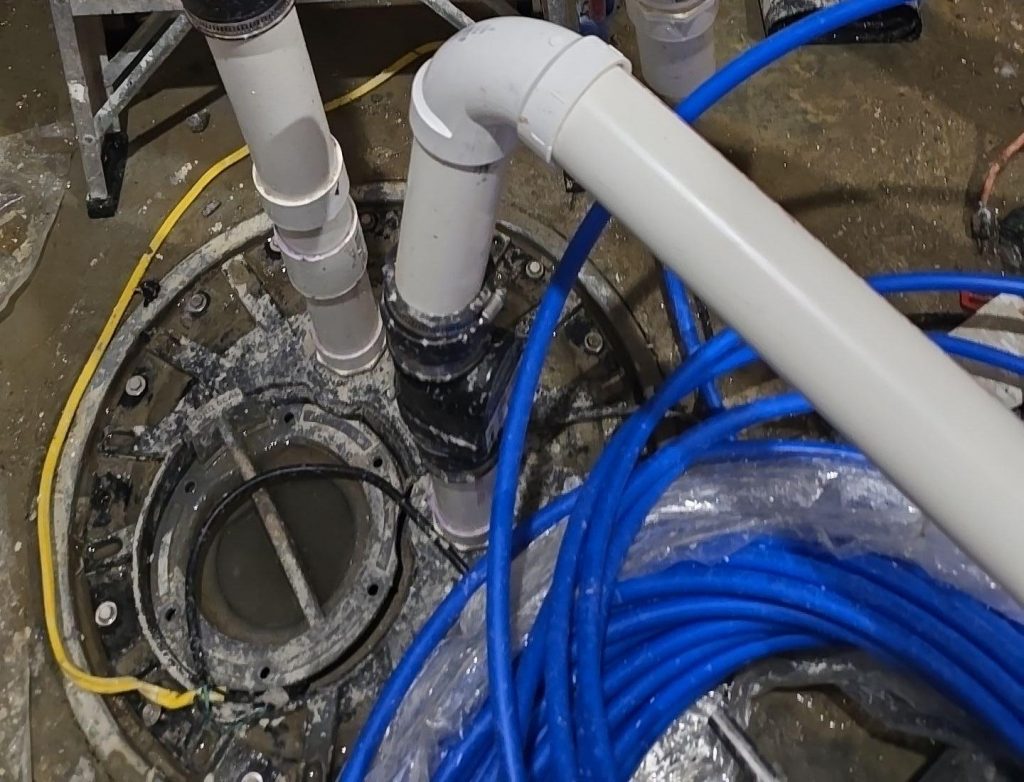
Why Hendersonville and all of Mid-Tennessee Homeowners Trust PuroClean of Hendersonville
Despite your best efforts, emergencies can still happen. If you experience a flooded basement, time is critical. That’s why homeowners in Hendersonville, Gallatin, and surrounding areas call PuroClean of Hendersonville at (615) 348-7200 for fast, expert help.
Our warehouse is located at 310 South Water Avenue, Gallatin, TN 37066, putting us close to respond quickly, often within the hour. Whether it’s emergency flood water cleanup, sewage cleanup in your basement, or mold remediation, we’re available 24/7 to help you fix it, recover fast, and safely.
Our Services Include:
- Flooded basement water cleanup
- Mold remediation and removal
- Basement water restoration
- Sewage backup cleanup
- Structural drying and dehumidification
We proudly serve Hendersonville, Goodlettsville, Gallatin, Green Hill, and all of Middle Tennessee. Don’t wait until water damage worsens; call us, your local team that cares at (615) 348-7200
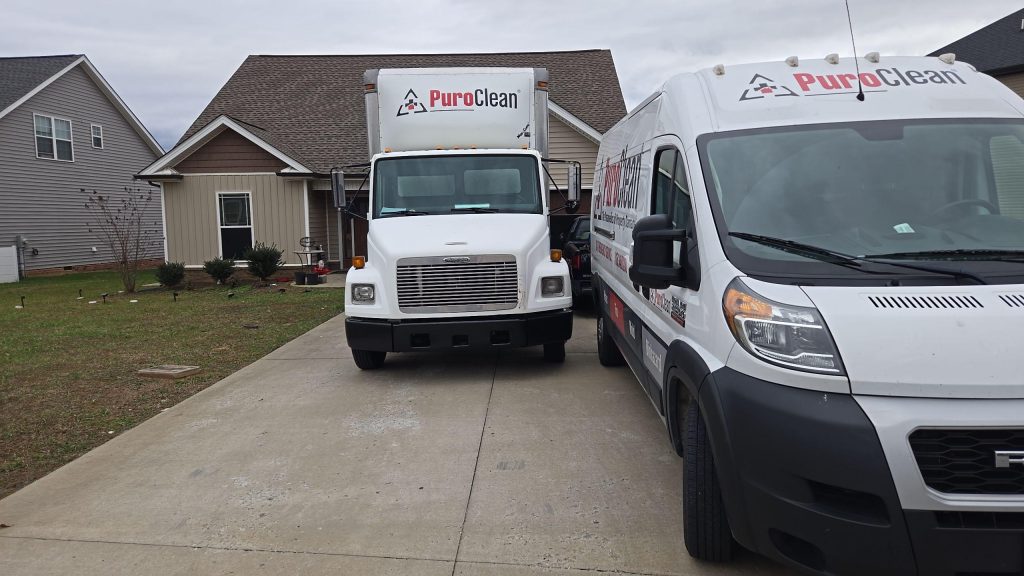
Get Help Now, Call (615) 348-7200 for Fast Emergency Basement Flood Cleanup and Mold Remediation
Need help preventing or recovering from a basement flood? Call PuroClean of Hendersonville today for emergency service or a free estimate.
Phone: (615) 348-7200
Location: 310 South Water Avenue, Gallatin, TN 37066
Available: 24/7 Emergency Response
Protect your basement. Protect your home. Trust PuroClean of Hendersonville, TN
FAQs About Preventing Basement Flooding
How do I know if my basement is at risk of flooding?
If your home is located in a low-lying area, has poor drainage, or has experienced basement moisture before, you’re likely at risk. Heavy rainfall and plumbing issues can also increase the chance of water intrusion.
What is the best way to keep water out of my basement?
Start with good drainage: clean gutters, extend downspouts, and grade your yard. Then seal cracks and consider waterproofing solutions and a sump pump.
Should I get a sump pump even if my basement hasn’t flooded before?
Yes. Think of a sump pump as insurance against unexpected water damage. It’s a smart investment for any basement that sits below ground level.
Can landscaping help prevent flooding?
Absolutely. Strategic landscaping can help direct water away from your foundation. Consider using gravel beds, swales, or native plants that absorb water efficiently.
